
By Henry Ojelu
When President Bola Tinubu announced the pardon of 175 ex-convicts earlier this period nether the Federal Government’s Prerogative of Mercy, the motion was expected to show compassion, align with the administration’s committedness to justness reform, and decongest overcrowded correctional centres crossed the country.
But alternatively of applause, the determination stirred aggravated controversy, rekindling aged questions astir the maltreatment of enforcement clemency and the motivation implications of pardoning individuals convicted of superior crimes specified arsenic cause trafficking, fraud, and adjacent murder.
While the Presidency insisted that the determination followed owed process and was approved by the National Council of State, galore Nigerians, particularly lawyers, quality rights advocates and anti-corruption groups argued that the database of beneficiaries betrays the ethical foundations of justice.
The pardoned individuals included those convicted for non-violent offences, inmates who had shown “remarkable reform,” and persons of precocious property oregon sick health. However, nationalist attraction was much connected a subset of names, particularly those convicted of cause trafficking, fiscal fraud, and convulsive crimes.
Some civilian nine groups argued that releasing specified convicts undermined the country’s anti-corruption and anti-narcotics campaigns. The Nigeria Labour Congress, NLC, and respective quality rights bodies described the pardon arsenic “a reward for criminality” and “a slap successful the look of instrumentality enforcement agencies.”
AGF’s clarification
In effect to mounting criticism, the Attorney-General of the Federation and Minister of Justice, Prince Lateef Fagbemi, SAN, issued a elaborate clarification, insisting that President Tinubu’s enactment was guided strictly by the instrumentality and that the last database of beneficiaries was inactive being reviewed.
Fagbemi explained that though the Council of State had approved recommendations for clemency, the last signifier requires a elaborate reappraisal to guarantee each names comply with ineligible and procedural standards.
“The Office of the Attorney-General of the Federation and Minister of Justice wishes to clarify that nary inmate approved for clemency nether the caller workout of the President’s powerfulness of prerogative of mercy has been released from custody.
“The process remains astatine the last administrative stage, which includes a modular reappraisal to guarantee that each names and recommendations afloat comply with established ineligible and procedural requirements earlier immoderate instrumentality of merchandise is issued,” helium stated.
He noted that the issuance of the instrumentality of implementation marks the past signifier of the process, aft which the Controller-General of the Nigerian Correctional Service volition beryllium authorised to act.
Historical perspective
Nigeria’s law ideology has a agelong and arguable narration with statesmanlike pardons. The powerfulness of pardon, rooted successful Section 175 (1–3) of the 1999 Constitution, allows the President to assistance a pardon, either unconditional oregon conditional, to immoderate idiosyncratic convicted of an offence created by an Act of the National Assembly.
The proviso besides allows the President to substitute a little terrible punishment for 1 imposed by a court.
However, arsenic ineligible scholars often note, the tone of the instrumentality presumes specified mercy to beryllium applied prudently—especially for cases involving miscarriage of justice, aged age, terminal illness, oregon demonstrable rehabilitation.
In practice, however, Nigerian presidents person often utilized the powerfulness to reward governmental allies oregon rehabilitate disgraced nationalist figures.
Former President Goodluck Jonathan’s 2013 pardon of ex-Bayelsa Governor Diepreye Alamieyeseigha, convicted for corruption, remains 1 of the astir infamous examples. The decision, wide condemned astatine location and abroad, was seen arsenic a governmental favour that damaged Nigeria’s anti-corruption image.
President Olusegun Obasanjo besides faced disapproval for granting clemency to definite politically exposed persons. Similarly, the precocious President Muhammadu Buhari’s 2022 pardon of erstwhile governors Joshua Dariye (Plateau) and Jolly Nyame (Taraba)—both serving situation presumption for corruption—triggered outrage.
Lawyers react
While opinions disagree connected the legality of Tinubu’s action, the statement among galore lawyers is that legality does not needfully construe to morality.
The President’s enactment failed ethical ...

 2 weeks ago
8
2 weeks ago
8


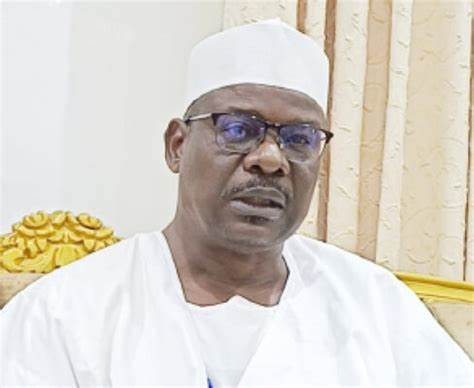

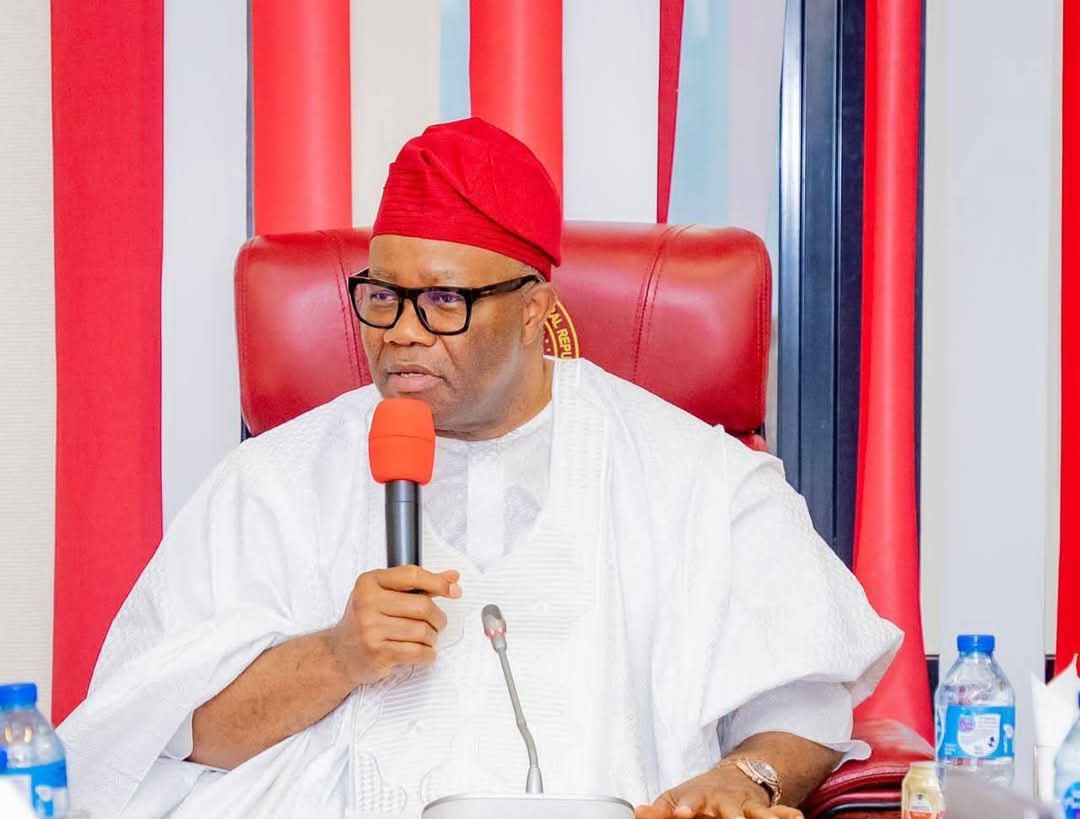

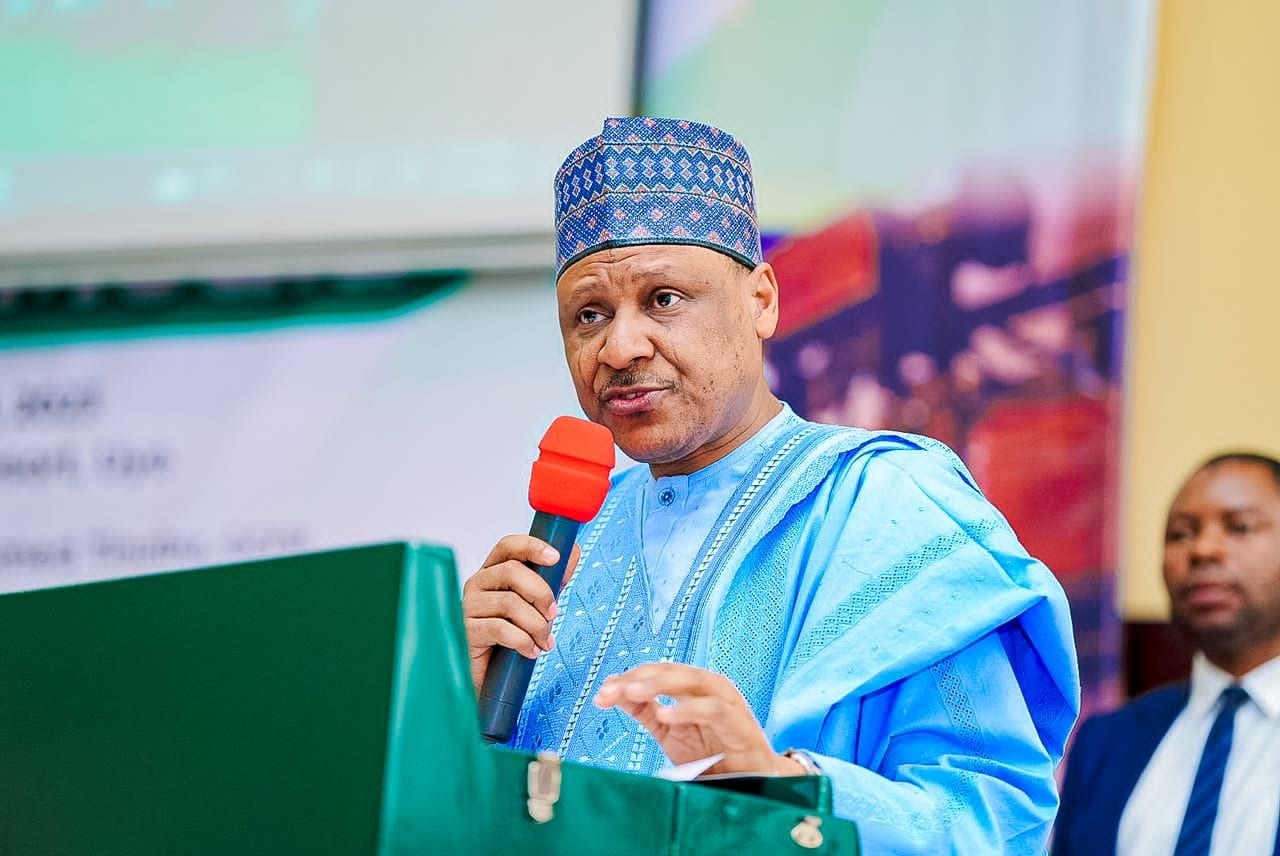


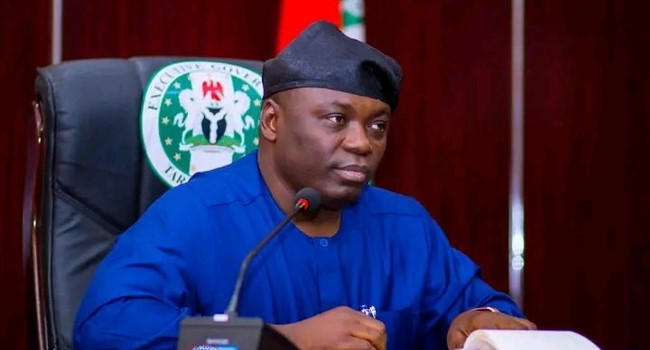
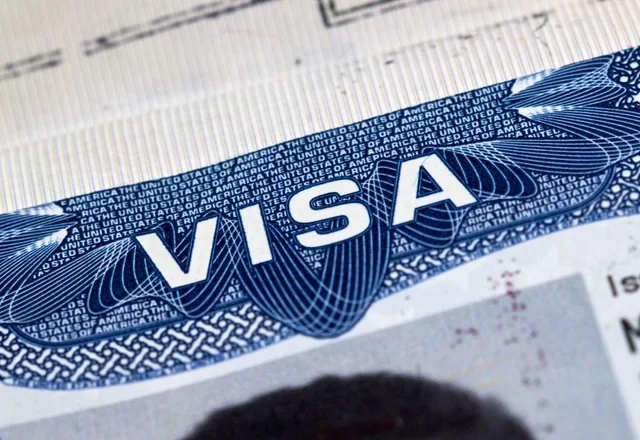














 English (US) ·
English (US) ·